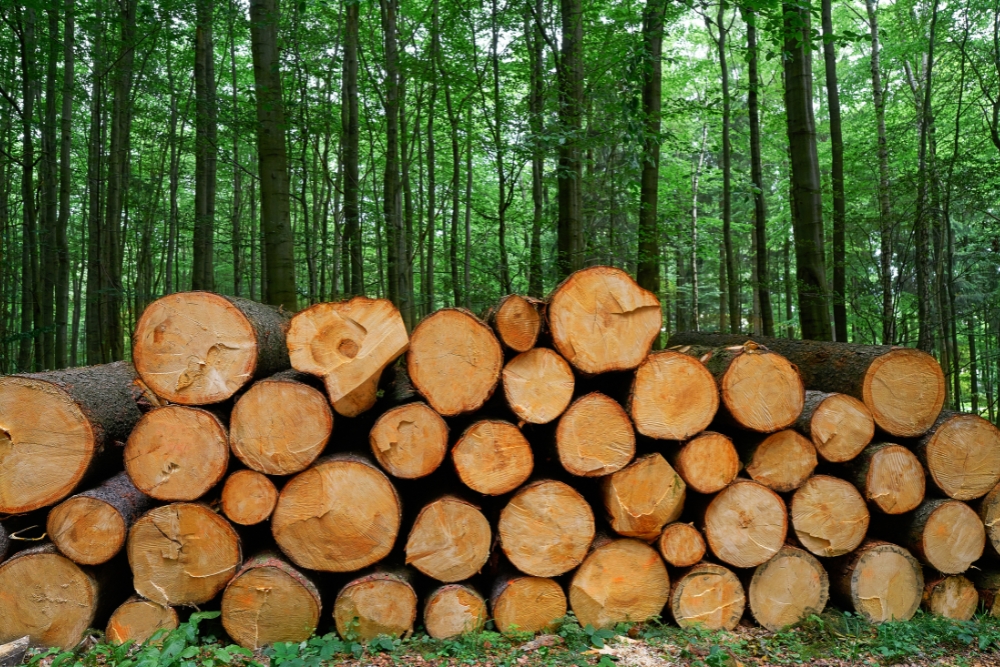Editor’s note: FM Perspectives are industry op-eds. The views expressed are the authors’ and do not necessarily reflect those of Facilities Management Advisor.
As global awareness of environmental and social issues grows, more consumers are prioritizing companies that demonstrate a genuine commitment to sustainability and ethical sourcing. In fact, 78% of consumers worldwide say that purchasing ethically sourced products is important to them. This shift in consumer expectations highlights the need for greater transparency in supply chains, especially when it comes to how raw materials are sourced. One effective way companies can communicate their commitment to responsible practices is through purchasing products with third-party certifications, such as those offered by the Forest Stewardship Council (FSC).

What Is an FSC Certification?
The FSC is a non-profit organization dedicated to promoting environmentally appropriate, socially beneficial, and economically viable management of the world’s forests. Its mission supports the protection of biodiversity, the rights of Indigenous peoples and local communities, fair labor practices, safe working conditions, and the prevention of illegal logging and deforestation. To earn this certification, companies must source materials from responsibly managed forests certified by the organization. FSC offers the following certifications:
- FSC 100%: All the wood or fiber in the product comes exclusively from FSC-certified forests.
- FSC Recycled: The product is made entirely from recycled materials, including either pre-consumer or post-consumer content.
- FSC Mix: The product contains a mix of materials from FSC-certified forests, recycled materials, and/or controlled wood. While controlled wood is not FSC-certified, it must meet strict standards to ensure it does not come from unethical sources, such as illegal logging or forest destruction.
Why FSC Certification Matters
Environmental Benefits
The FSC certification provides essential environmental benefits by promoting responsible forest management practices that protect ecosystems, conserve biodiversity, and maintain forest health. It helps combat deforestation and habitat destruction by enforcing strict standards that prevent illegal logging and unsustainable activities. Additionally, the FSC encourages the use of recycled materials, reducing the demand for virgin resources, minimizing waste, and lowering the overall environmental impact of forest-based products.
Social Responsibility
Choosing FSC-certified products helps ensure that forest workers receive fair labor treatment and the rights of Indigenous peoples are respected. FSC-certified forests require that Indigenous communities are consulted and their consent obtained before any forestry activities occur on their lands. This is done through the Free, Prior, and Informed Consent (FPIC) process. This process guarantees that Indigenous peoples are fully involved in the decision-making process and have a clear understanding of the proposed activities, allowing them to give informed approval or refusal.
Economic and Business Benefits
Today’s consumers are more informed about companies’ sustainability goals, with 72% reading product labels and relying on third-party certification to verify a product’s environmental claims. Displaying a credible certification like FSC not only signals to customers that your company is committed to sustainability but also helps differentiate you in a competitive market. By choosing FSC-certified products, you can attract environmentally conscious consumers and build lasting trust in your company’s dedication to responsible sourcing and environmental stewardship.
Choosing Certified for a Better Future
FSC certifications stand as a cornerstone of ethical and sustainable sourcing, ensuring that forest-based products are harvested with respect for the environment, workers, and communities. By choosing FSC-certified products, you can play an active role in protecting forests and promoting long-term sustainability. Supporting responsible forest management isn’t just a smart choice, it’s a shared responsibility that delivers lasting benefits for people, communities, and the planet.
Riccardo Balducci is a manager with a career of over 25 years in the paper industry, all within the Sofidel Group where he has held various positions. During his career, he also represented Sofidel in a number of trade associations in Italy and Europe, where he still serves (Assocarta, European Tissue Symposium). Since 2023, he has held the position of Group Sustainability Director.

